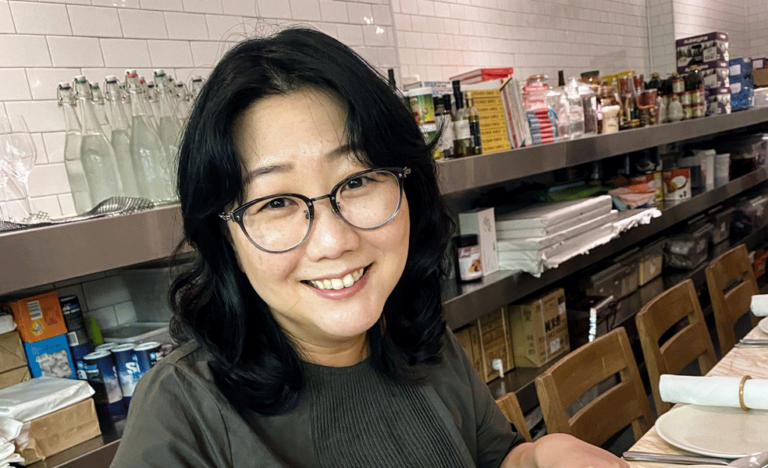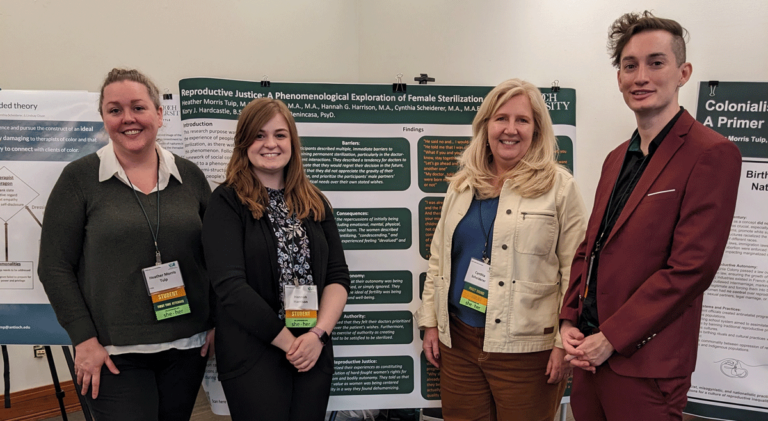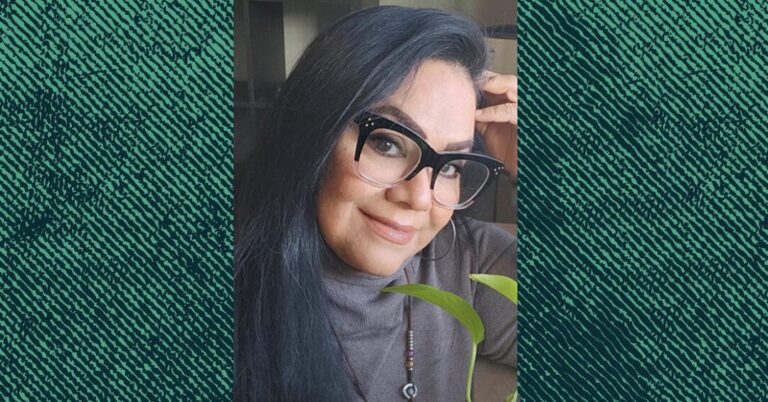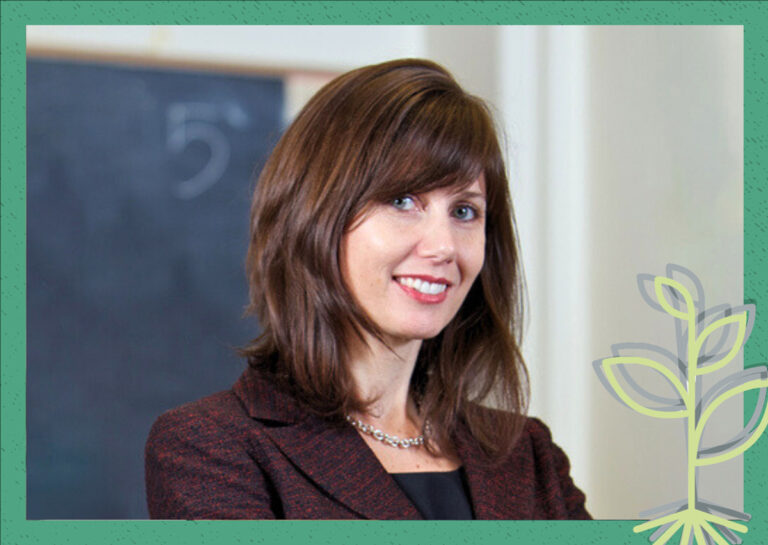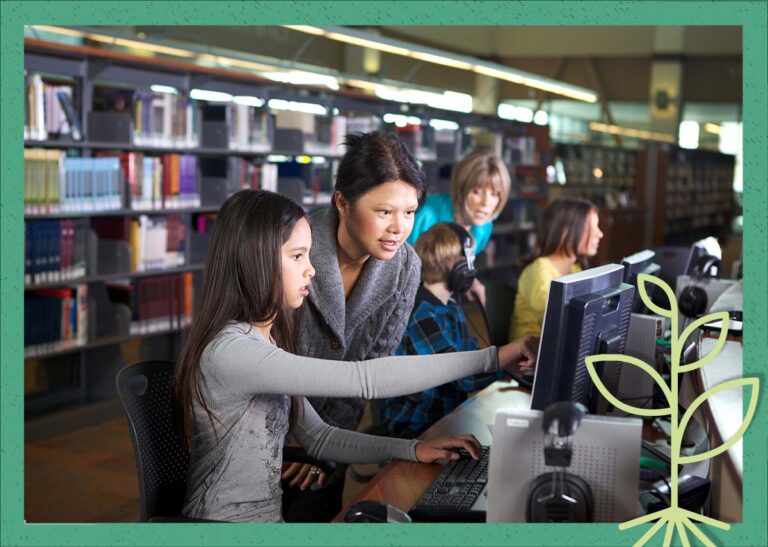Jen Sturge, EdD, Antioch’s Director of the School Library Endorsement Program and Core Faculty, recently received the Calvert County Women of the World (WOW) award at the annual WOW Awards…
Emily Emerson to Present at Conference
Emily Emerson, a student in the Couple and Family Therapy program in Seattle, was awarded the World Family Therapy Congress Student Scholarship for her proposed presentation to the International Family…
Advocating to Center Equity and Cultural Awareness in Social Emotional Learning
When Caryn Park was a small child, her parents moved the family from South Korea, where she was born, to the U.S. so that they could pursue their education. While her parents were international students, Park found herself enrolled in a public school classroom in a small midwestern town. She had to learn the language, and she also had to learn, she explains today, “this whole different way of being, of relating to other people.” She learned English so well that she forgot how to speak Korean.
Netera Pratt-Gutierrez Presents at Journey Towards Liberation Conference
Netera Pratt-Gutierrez ’21 (Seattle, MA) presented at Journey Towards Liberation, a conference sponsored by the Martinez Foundation. Pratt-Gutierrez is an elementary librarian, Executive Board Member for Kent Education Association, and Kent…
PsyD Students Present at Washington State Psychological Association Convention
A group of student researchers from the Seattle PsyD in Clinical Psychology presented their research at the Washington State Psychological Association Convention on October 13 and 14, 2023. They presented three posters. Two explored the topic of reproductive justice through a psychological lens. These were titled “Colonialism, Control, and Copulation: A Primer on Reproductive Justice” and “Reproductive Justice: A Phenomenological Exploration of Female Sterilization.” A third poster, “Pathways to the Therapist Paragon: A Decolonial Grounded Theory,” explored how privilege and the idea of an ideal therapist could be damaging to therapists of color and to the non-white clients of white therapists.
Shannon Kringen Publishes New Book of Poetry
Shannon Kringen ’13 (Seattle, UGS) published a poetry book entitled Kringonian Pizzazz: KringSPEAK Poetry Goddess KRING. The inspiration for this book was Kringen’s synesthesia, which is when your brain routes…
Working Towards Justice Through Bilingual, Culturally Responsive Early Childhood Education
Samantha Carrillo is someone who really is embracing bilingual education not just in her work but across her life.
Best Of: Heather Cheney on Literacy and Justice
A conversation with Heather Hebard about the social justice implications behind how literacy is defined and taught.
Jennifer Sturge Publishes Article in “Alki: The Washington Library Association Journal”
Jennifer Sturge, EdD, Core Faculty in Education, specifically in the Endorsement in K-12 Library Media program, published an article entitled “Find the Helpers” in Alki: The Washington Library Association Journal….
Drama Therapy Alumni Present at North American Drama Therapy Conference
Virg Augoustatos ’23 (Seattle, MA) and Sarah Olbrantz ’23 (Seattle, MA) presented their Master’s Project research study at the 44th Annual North American Drama Therapy Conference in Niagara Falls, NY….
Jennifer Sturge Participates in Panel Discussion on Book Challenges, Bans and Promoting Inclusive Literature
Jennifer Sturge, Core Faculty in Education, specifically in the school library endorsement program, participated in a panel discussion titled Off the Shelf: Book Challenges, Bans and Promoting Inclusive Literature sponsored…
S6 E2: School Librarians Are Essential, So Why Are These Jobs Disappearing?
There’s a quiet epidemic wiping out school librarian positions across the U.S. Between 2015 and 2019, the number of librarians declined by 20%, and one in five school librarian positions was eliminated entirely.

